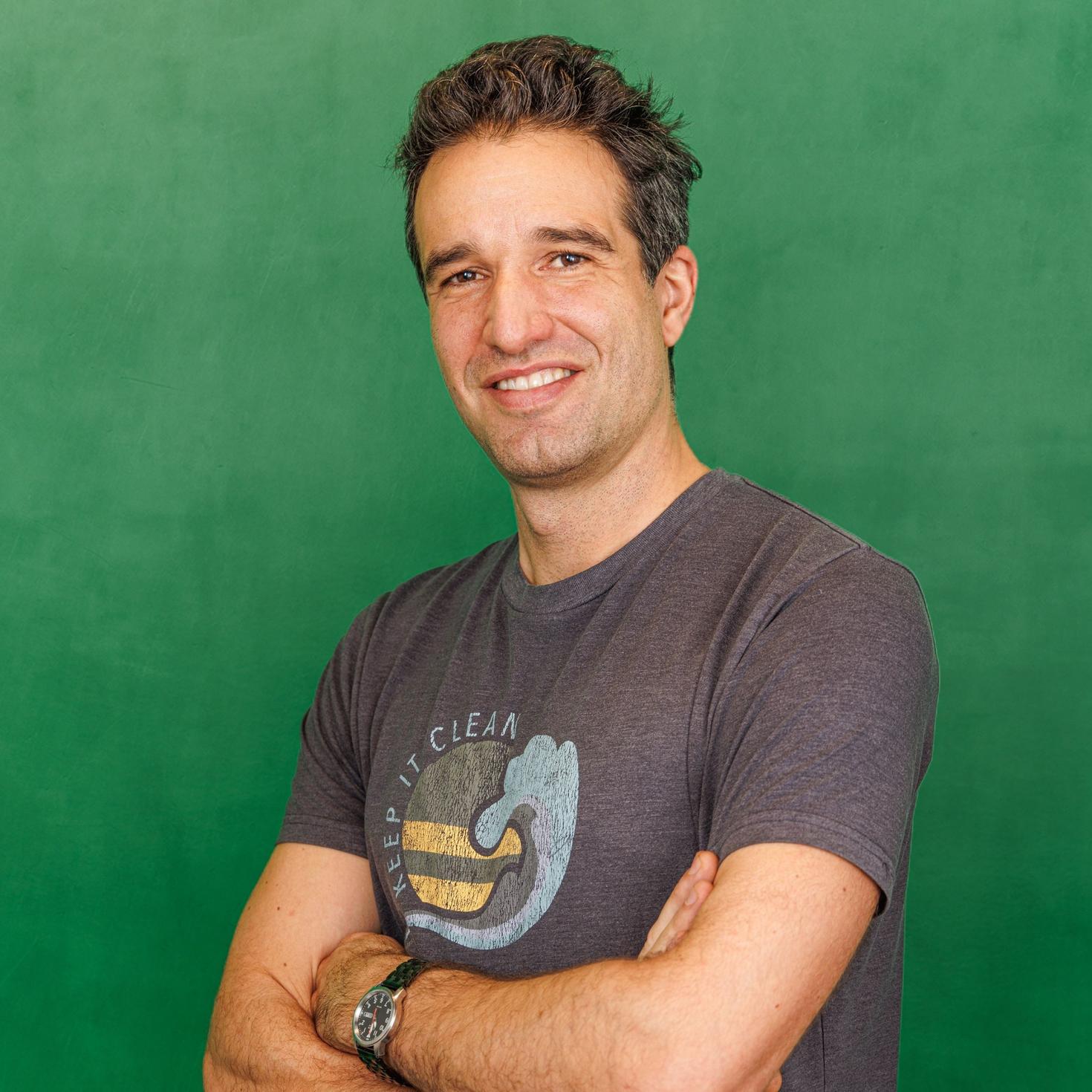Rousseau completed his PhD in applied mathematics in 2009, under the supervision of Professor Yves Bourgault. Rousseau’s research focused on developing a realistic 3D model of the human heart to better understand its function through numerical simulations. After graduation, he explored several career opportunities, working as a data analyst for the Government of Canada and even applying his math skills to board game creation.
However, it was his experience as a teaching assistant during his graduate studies that ignited his desire to pursue a career in education. In 2010, Rousseau was faced with two job offers — one in the government and one from the Cégep de l’Outaouais — and he chose teaching. “I chose CEGEP because I love working with young people and the human interaction that comes with teaching,” he says. “I didn’t need a PhD to become a CEGEP teacher, but my academic journey gave me a deeper understanding of mathematics. I believe it makes my classes more interesting for my students.”
He fondly credits his time at uOttawa, particularly the mentorship of Professor Bourgault, as instrumental in shaping his approach to learning and teaching. “Yves was a great supervisor," Rousseau reflects. “He was always supportive, offering advice and showing genuine interest in my work. That experience really enriched my perspective.”
Rousseau’s teaching philosophy is deeply connected to real-world issues. At the Cégep de l’Outaouais, he’s championed sustainability initiatives such as promoting carpooling and installing bike shelters to reduce the college’s carbon footprint. His dedication to environmental causes has become a defining feature of his work.

“It was an incredible hands-on experience for the students and a way to contribute to urgent, real-world challenges”
Olivier Rousseau
He’s also led innovative interdisciplinary projects. During the COVID-19 pandemic, Rousseau guided students in creating mathematical models to analyze the spread of the virus and the effects of vaccination campaigns. “It was an incredible hands-on experience for the students and a way to contribute to urgent, real-world challenges,” he says.
Currently, Rousseau is developing an app to help people track and reduce their carbon emissions, another project that combines education, innovation and sustainability. “The goal is to encourage people to make more sustainable choices,” he explains. “It’s about learning, having fun with my students and aiming for positive social change.”
Beyond the classroom, Rousseau has served as co-ordinator of the science, arts and humanities program at his CEGEP, helping to shape an interdisciplinary curriculum and supporting a diverse team of educators. He also remains active in community volunteer work, reflecting his belief in giving back and making a broader impact. “I love being around people and hope to have a positive influence,” Rousseau says. “Teaching gives me that opportunity.”
Today, Rousseau’s journey — from uOttawa graduate student to respected educator and community leader — is a powerful example of how in-depth academic training, a passion for people and a commitment to positive change can come together to inspire the next generation.
Read more
- Olivier Rousseau – Mention d’honneur de l’AQPC 2024 (French only)
- Centre de recherche en Santé Environnementale et Biodiversité de l’Outaouais (SEBO)(French only)
- Grogne et covoiturage au Cégep de l’Outaouais — Le Droit(French only)
- Comment devenir plus écolo sans se faire suer — Le Droit(French only)
- Gérer son éco-anxiété — Le Droit(French only)
- Heart segmentation with an iterative Chan-Vese algorithm (preprint article)
- Segmented medical images based simulations of Cardiac electrical activity and electrocardiogram: A model comparison (preprint article)
- Numerical computations of cardiac AP using level set based geometries (conference paper)
